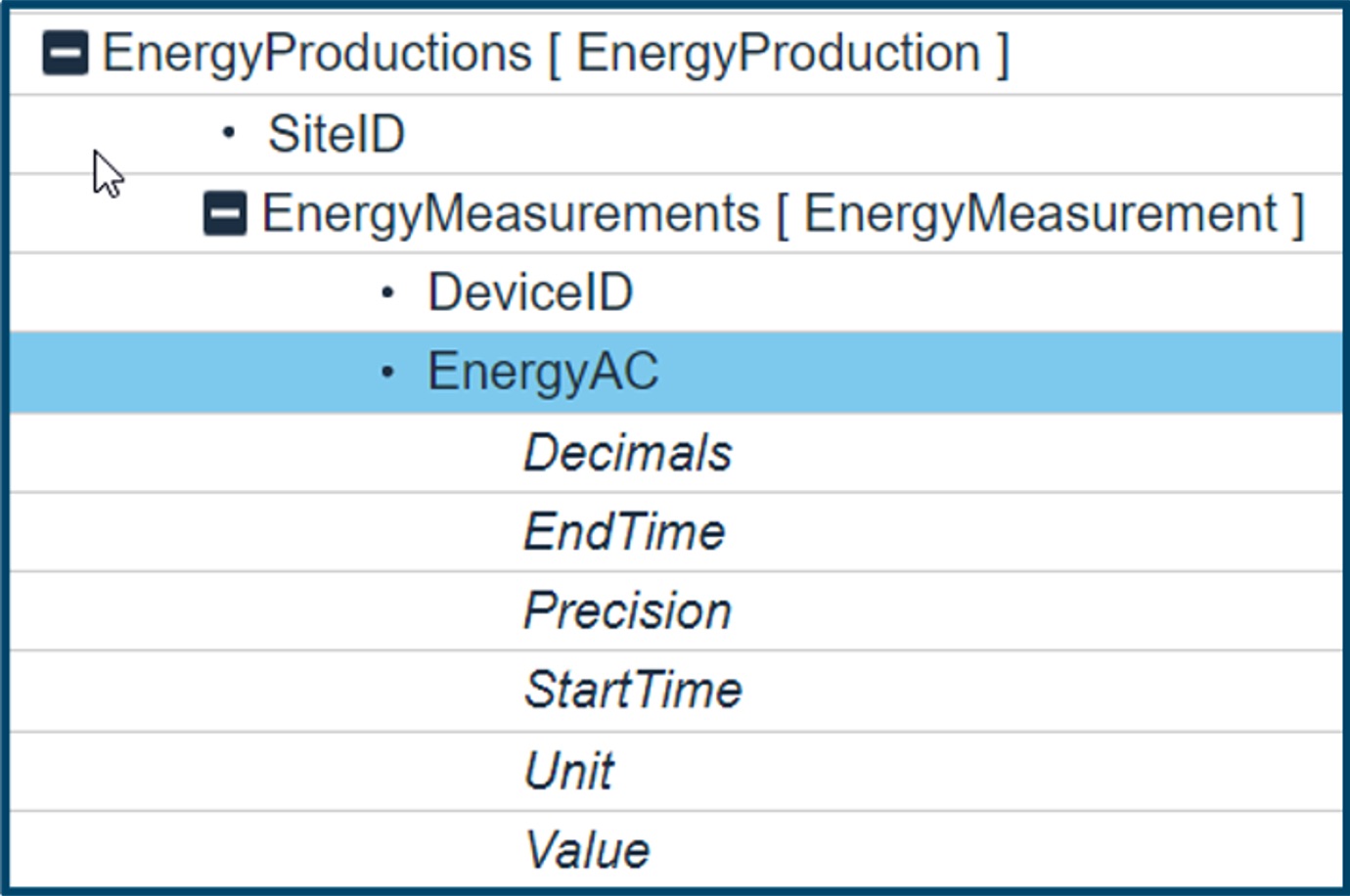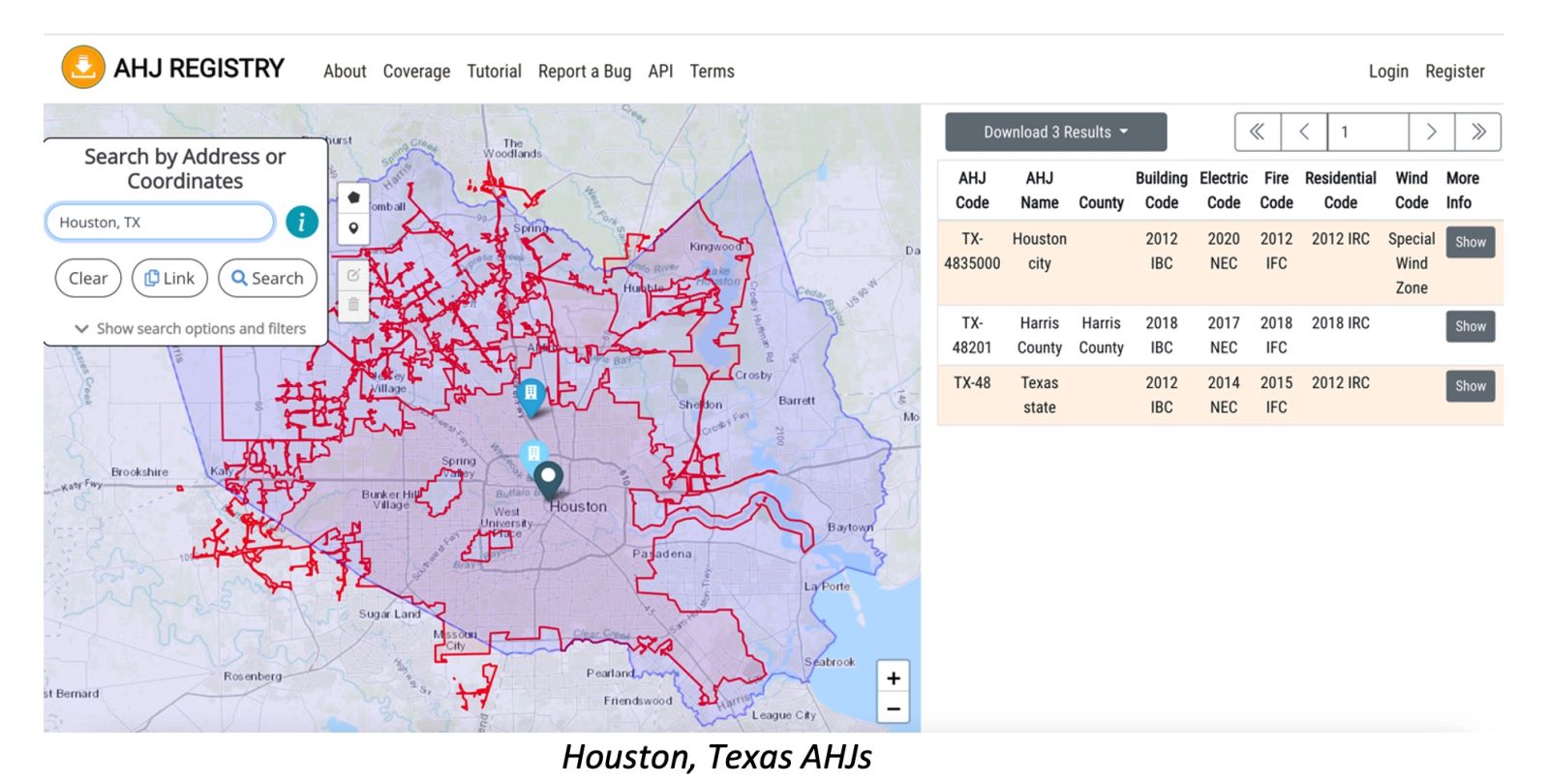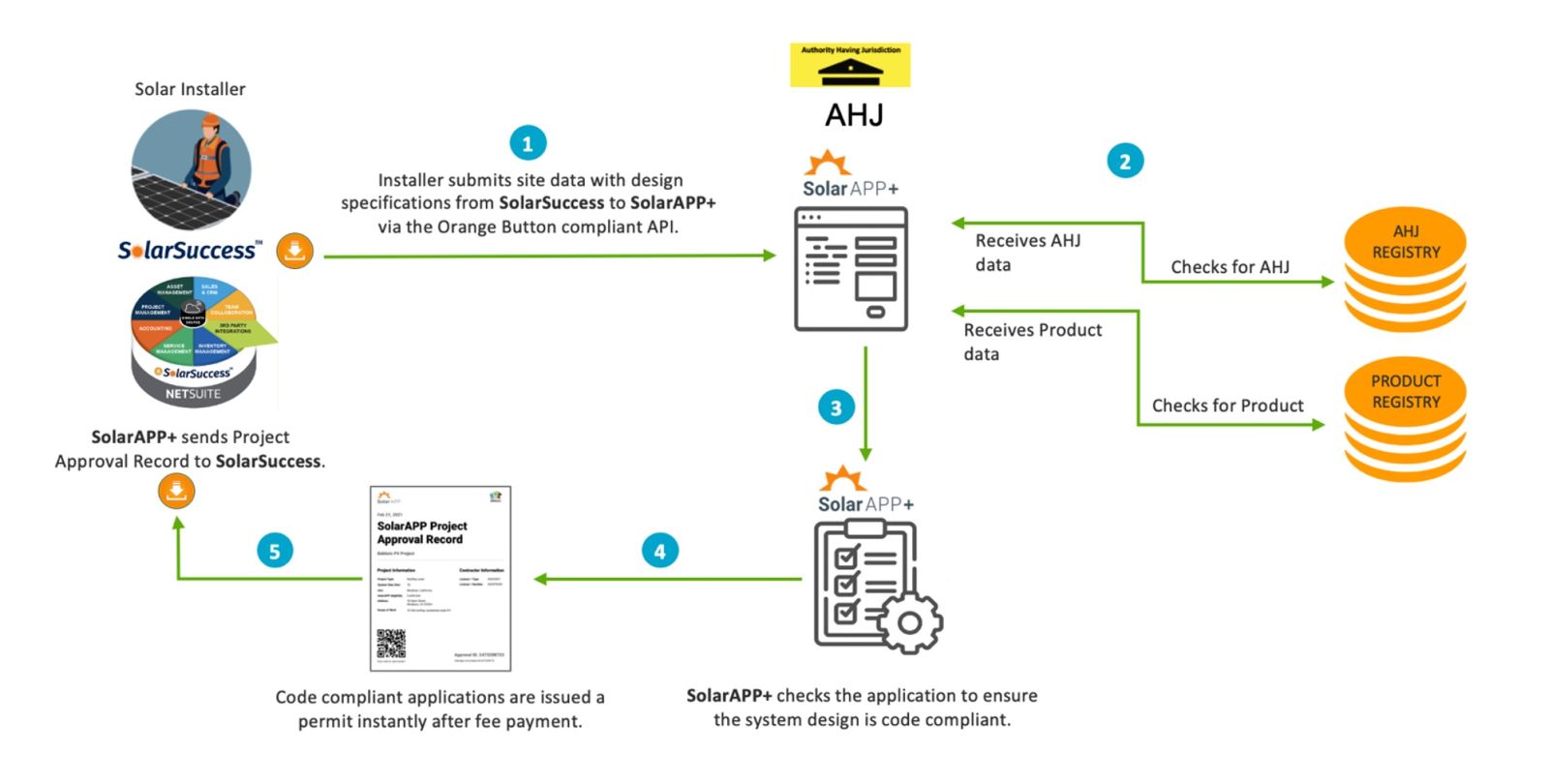Orange is the New Green: How the Orange Button is accelerating the pace of solar installations with data standards
The urgent need to accelerate solar installations across the United States stands at the forefront of the nation's commitment to the Paris Climate Agreement, aiming to significantly decarbonize the energy grid in the fight against climate change. As the demand for clean, sustainable energy sources intensifies, the role of solar power becomes increasingly pivotal.
Achieving the ambitious targets set forth in the agreement not only requires a substantial increase in the deployment of solar energy systems but also necessitates a concerted effort to overcome the existing barriers to rapid expansion. Streamlining the installation process, improving regulatory frameworks, and fostering technological innovation are crucial steps towards harnessing the full potential of solar power, thereby enabling the U.S. to meet its environmental objectives and contribute effectively to the global effort to mitigate climate change impacts.
In this context, the Orange Button Initiative emerges as a beacon of innovation, streamlining the deployment of solar energy systems with unprecedented efficiency. This initiative is revolutionizing the way solar installers operate, dramatically reducing the time and costs associated with solar project deployment. By introducing a uniform data exchange standard and pivotal reference datasets, the Orange Button Initiative is a game-changer for the solar sector.
The genesis of the Orange Button Initiative
Originating from a collaborative effort initiated by the U.S. Department of Energy in 2016, the Orange Button Initiative was born out of the urgent need for standardized solar project data. The fragmented nature of data management in the solar industry, characterized by inconsistent terms and datasets, had long been a significant barrier to efficient project implementation. Recognizing this, the initiative sought to unify the industry under a common data language, facilitating smoother transactions and interactions among stakeholders including governments, utilities, financiers, and solar companies.
Establishing data standards for the solar industry
The core of the Orange Button Initiative lies in its open-source data exchange standard, designed to simplify and organize the vast amounts of data involved in solar projects. This standard encompasses everything from common terminology to interoperable software tools, providing a solid foundation for data handling across the industry. Spearheaded by leading organizations in the solar industry, the initiative quickly gained momentum, drawing in more than 600 companies to contribute to its development.
Simplifying solar data: The essence of Orange Button
The initiative's name, "Orange Button," symbolizes the simplicity and clarity it brings to the complex world of solar data. Much like the standardized color coding used by electricians for wiring, the Orange Button standard introduces a set of 'primitives' for data elements, ensuring consistency and ease of understanding. This standardization is akin to providing a universal 'color scheme' for solar data, eliminating confusion and streamlining processes.

(Figure-1) Six primitives associated with every fully defined data element
Key reference datasets: AHJ and Solar Product Registries
Central to the Orange Button Initiative are two pivotal reference datasets: the AHJ (Authority Having Jurisdiction) Registry and the Solar Product Registry.
Navigating permitting challenges with the AHJ Registry
The AHJ Registry is a comprehensive database designed to assist solar installers in navigating the intricate web of permitting jurisdictions across the United States. With more than 18,000 jurisdictions and varying regulations, the AHJ Registry serves as an invaluable tool for quickly identifying relevant authorities and their requirements, thereby expediting the permitting process. Last year, there were nearly 2.2 million address queries alone.

(Figure-2) Houston, TX AHJs
Enhancing product selection with the Solar Product Registry
Similarly, the Solar Product Registry addresses a critical challenge in the solar installation process: the selection and specification of solar products. The inconsistency in product naming and specifications often led to inefficiencies and lost sales. The Product Registry centralizes information on more than 20,000 solar and energy storage products, standardizing data and making it easily accessible. This not only aids in product selection, but also fosters a more competitive and efficient market.
Integrating Orange Button standards into business applications
The integration of Orange Button standards into solar business applications is another cornerstone of the initiative's success offering seamless data integration and streamlined workflows. This integration has proven to be a boon for the industry, significantly cutting down permitting times from weeks to mere minutes, and facilitating the rapid completion of thousands of solar projects.

(Figure-3) What the future of electronic permitting looks like.
The future of the Orange Button Initiative
As the United States strides towards fulfilling its commitments under the Paris Climate Agreement, the role of initiatives like the Orange Button cannot be overstated. By standardizing solar project data and streamlining the installation process, the Orange Button Initiative not only accelerates the deployment of solar energy, but also plays a critical part in the broader effort to decarbonize the energy grid.
Looking ahead, the Orange Button Initiative is set to continue its trajectory of innovation. With ongoing developments and increasing adoption, it stands as a testament to the power of collaboration and standardization in driving the solar industry forward. By demystifying data and simplifying processes, the Orange Button Initiative is not just helping solar installers deploy more solar faster—it's paving the way for a brighter, more sustainable energy future.
Jan Rippingale is CEO of Blu Banyan Inc., which provides business management software for residential, commercial, community, and utility solar installers.
Blu Banyan Inc. | blubanyan.com
Author: Jan Rippingale
Volume: 2024 March/April










.png?r=5449)

